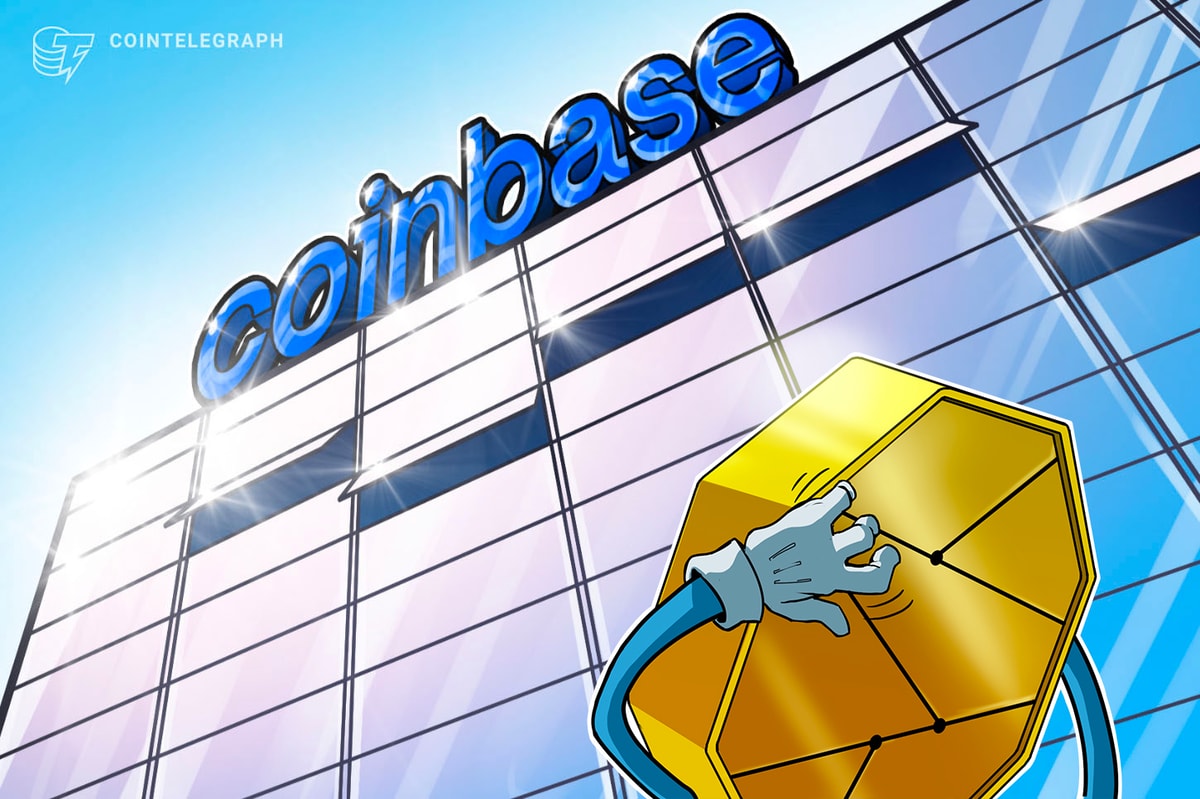How is it possible that venture capital invests billions of dollars into the blockchain industry using decades-old methods? Signing documents electronically is the only easy part of an investor’s journey when it comes to investing in startups.
Even online, crowdfunding still requires escrow agents, identity checks and more complications that create friction when it comes to investing, leading to days or even weeks until the transaction is settled. Instead, the new alternative using tokenization of assets is something that is really going to change the way we own, hold and transfer ownership of assets.
Tokenization is a mega trend for capital markets that may not be affected by crypto market cycles because it is backed by real-world assets. These assets include real estate, public stocks, private equities, bonds and others that are being represented by digital ledgers and leveraging Web3 to enable securities settlement, dividend transfer and even collateralization.
Investing in startups is finally changing thanks to blockchain technology. “Tokenization” is driving this disruption in how we invest by enabling accessible, streamlined processes and democratizing what was previously only available to venture capitalists. This additionally benefits the companies tokenizing as well by allowing capital to be raised quicker and more efficiently.
I’ve been involved in the tokenization industry since 2017 and have seen it develop into a multi-billion dollar industry. Recently, Boston Consulting Group’s research study suggested that up to 10% of the entire financial system or $16 trillion will be tokenized by 2030.
In addition to the above, there is a notable Web3 angle that will engage multiple facets of the emerging decentralized market. The excuse that “there is nothing better” is no longer rational thanks to blockchain technology. By linking a customer-identified account to a wallet, filling that account up with USDC and then executing the subscription agreement with the wallet address, we can allow the transfer agent to immediately and instantaneously assign the securities or debt to the investor.
The idea that you can have millions of people pre-enabled to participate in investment opportunities changes the dynamic of raising capital altogether. The vision of holding crypto, NFTs and securities in one wallet is now possible if you choose. Crowdfunding requires fair participation for all, not giving anyone an edge like we traditionally see in private markets which tend to require a more relationship-based model that VCs heavily benefit from. Now we have customers, the community, retail investors and all stakeholders having a chance to get in on the action.
To be clear, it is entirely possible to invest by using smart contracts on the blockchain using wallet addresses instead of traditional physical signatures, making this entire process transparent and programmable (and scalable). Additionally, investors will have the option to hold securities represented by tokens in their digital wallets like MetaMask.
Purchasing tokenized investments is currently possible on numerous FINRA-member marketplaces that enable liquidity, transforming the asset. Furthermore, metadata can be tied on-chain to allow for enhanced transparency and compliance. This means investors should already be preparing for this new and improved type of asset management. Despite slow adoption for tokenized securities, the market is now moving toward integrating this infrastructure, leading to more offerings for investors to participate in.
Today, businesses are not prepared for this new change. Pioneering financial institutions and entrepreneurs have many obstacles to overcome, including the lack of an investor audience that fully understands security tokens. The industry infrastructure is complete but still ironing out pricing for tokenization and optimizing the user experience for investors. Tokenization also requires following clear-cut regulatory guidelines and rules, which means businesses should anticipate working closely with good legal counsel. Luckily, these obstacles can be overcome thanks to consulting firms and investment banks guiding businesses and investors through the tokenization process.
Issuers will also have their own battle learning how to adopt this new technology. Fortunately, many tokenization players (think cap table management software but with blockchain) have made it easier to tokenize your business without having to understand how the underlying technology works. Ultimately, all that needs to be understood is that through tokenization there can be immense savings in efficiencies to manage securities alongside new capabilities with the standout being that you can create a secondary market without needing Wall Street to facilitate it.
This just touches the surface of what is possible for the archaic world of investing, bringing it into a new digital world with Web3 technology.
Herwig Konings is the founding partner and CEO of Security Token Group.
This article was published through Cointelegraph Innovation Circle, a vetted organization of senior executives and experts in the blockchain technology industry who are building the future through the power of connections, collaboration and thought leadership. Opinions expressed do not necessarily reflect those of Cointelegraph.
Learn more about Cointelegraph Innovation Circle and see if you qualify to join











